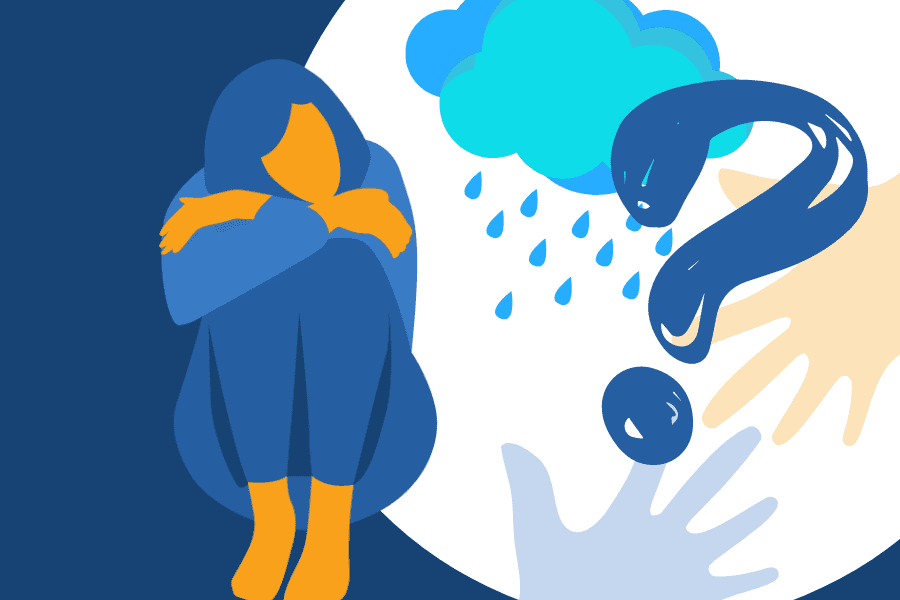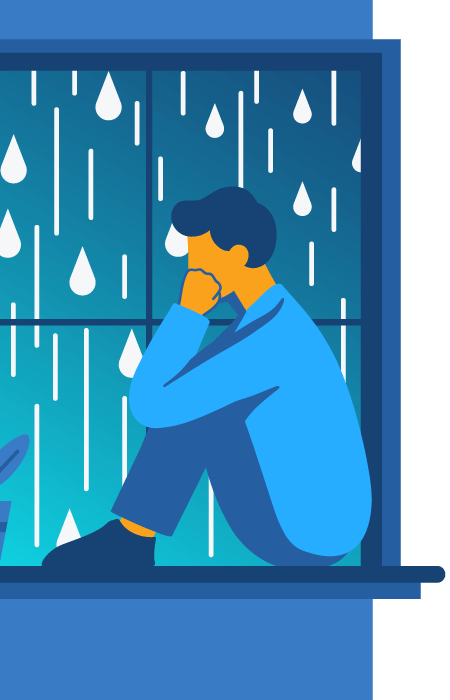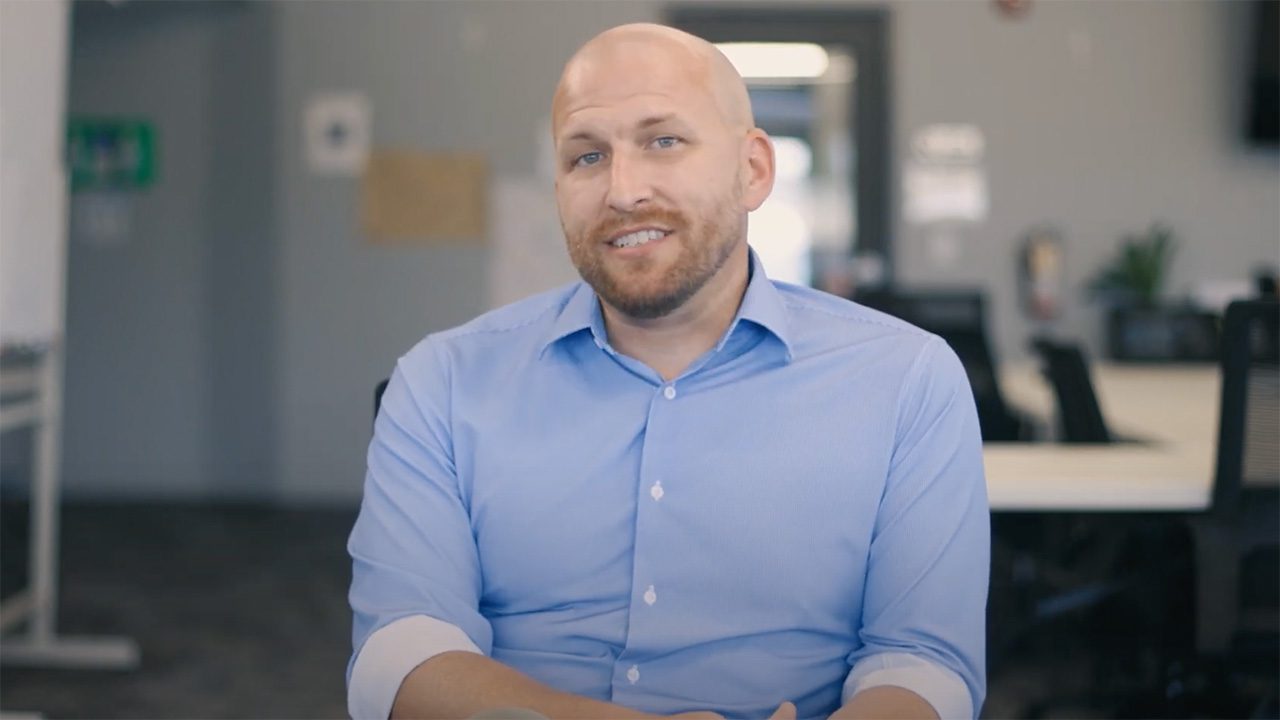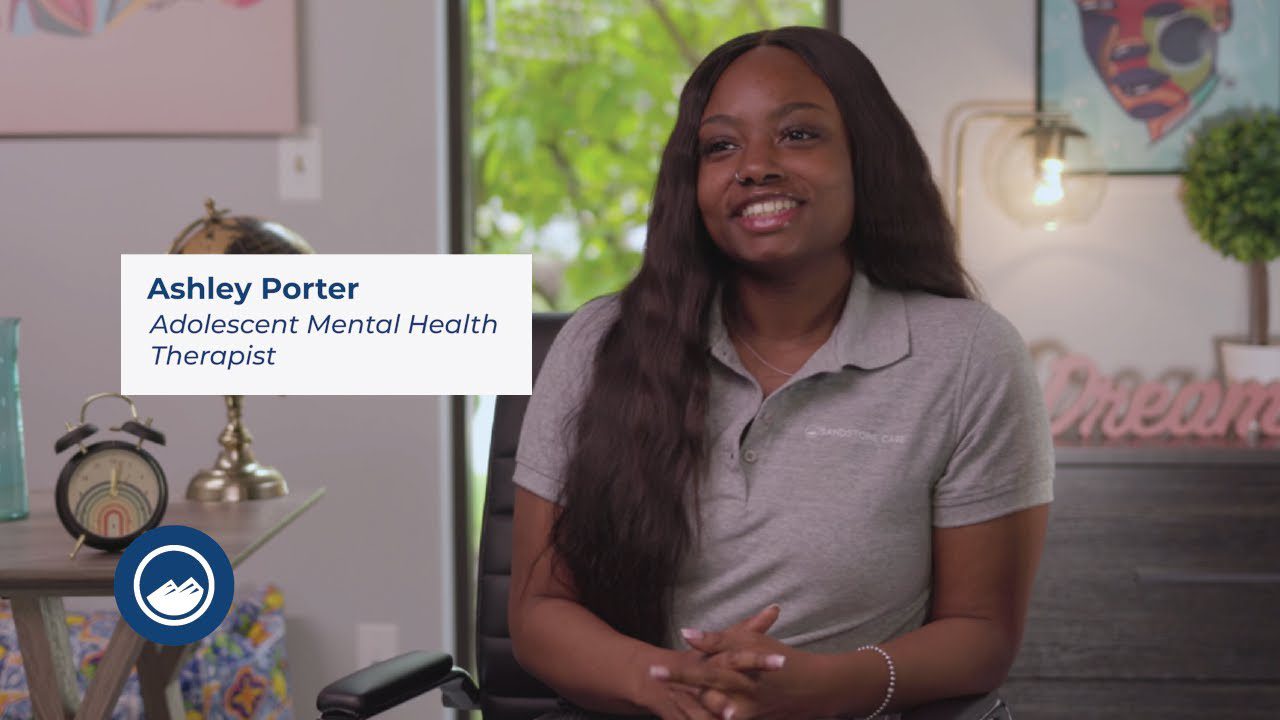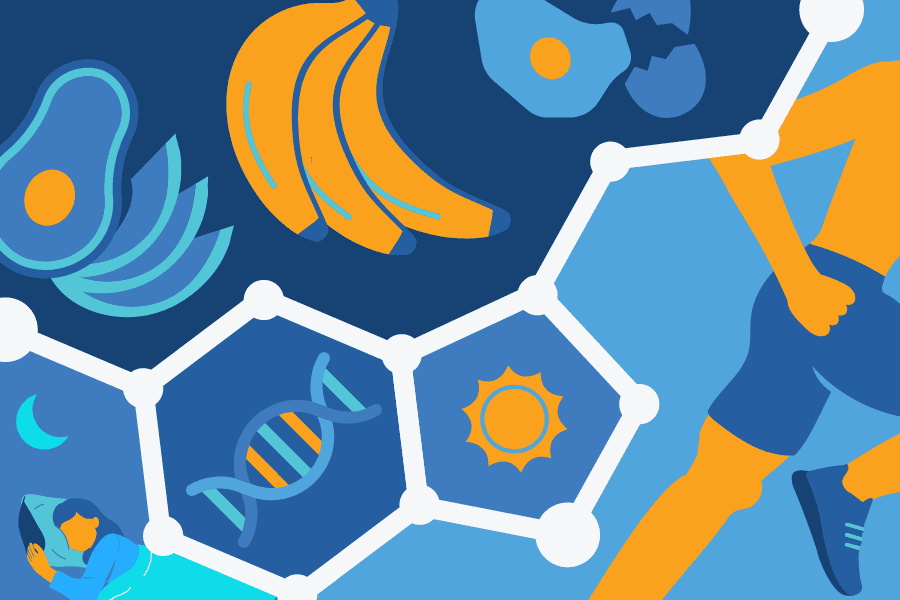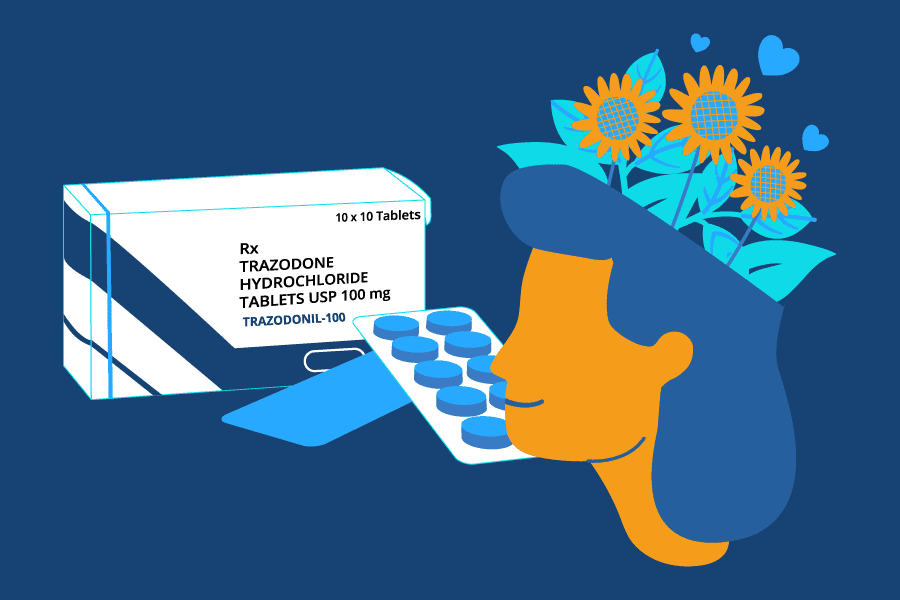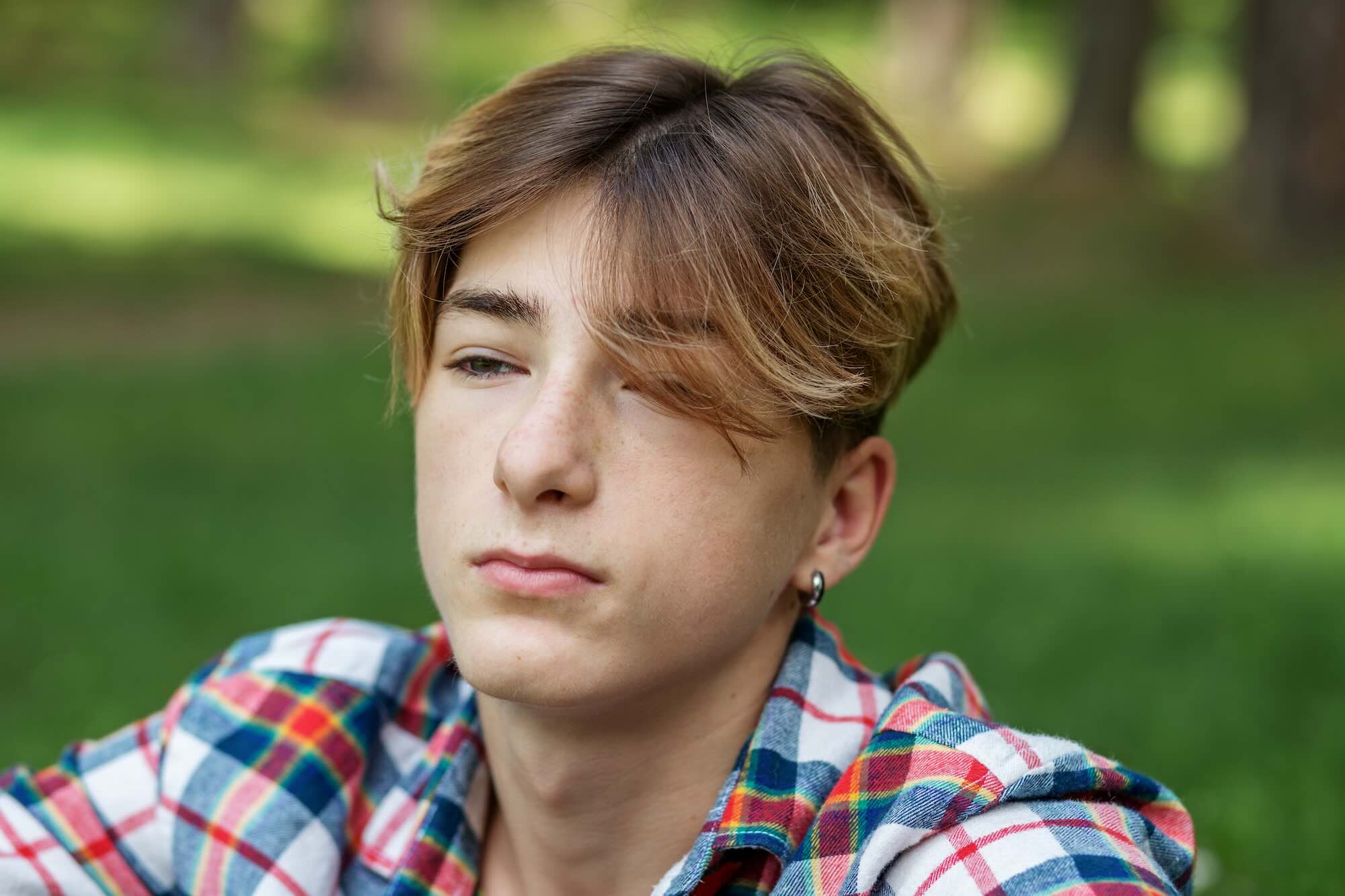Can You Test Yourself For Depression?
Depression is a common mood disorder that causes symptoms that can affect how a person thinks, feels, and acts.
Depression can look different in each individual, and for some, it can be hard to recognize the signs in order for them to get help.
A person should not diagnose themselves with depression or other mental health conditions but rather seek professional help to get a proper diagnosis.
However, a person could “test” themselves or ask themselves a set of questions to help them identify certain warning signs that can be an indicator to seek help for potential depression.
If you think you may be depressed, talk to someone you trust.
It may feel difficult at first, but reaching out for help is the first step in healing and improving your health and well-being.
How Do I Do A Mental Health Check On Myself?
There are some questions a person can ask themselves to check in with themselves and their mental health.
These questions can include:
- Have I been isolating myself?
- Do I dislike myself?
- Have I lost interest in things I used to once love?
- Do I feel more worried or down than usual?
- Do I feel more sad than happy a lot of the time?
- Have I been getting good sleep?
- Is it hard for me to get things done at work or at school?
- Have my eating habits changed?
- Have I been experiencing mood swings?
- Have I been taking care of myself, like practicing proper hygiene?
- Have I had thoughts of hurting myself or of suicide?
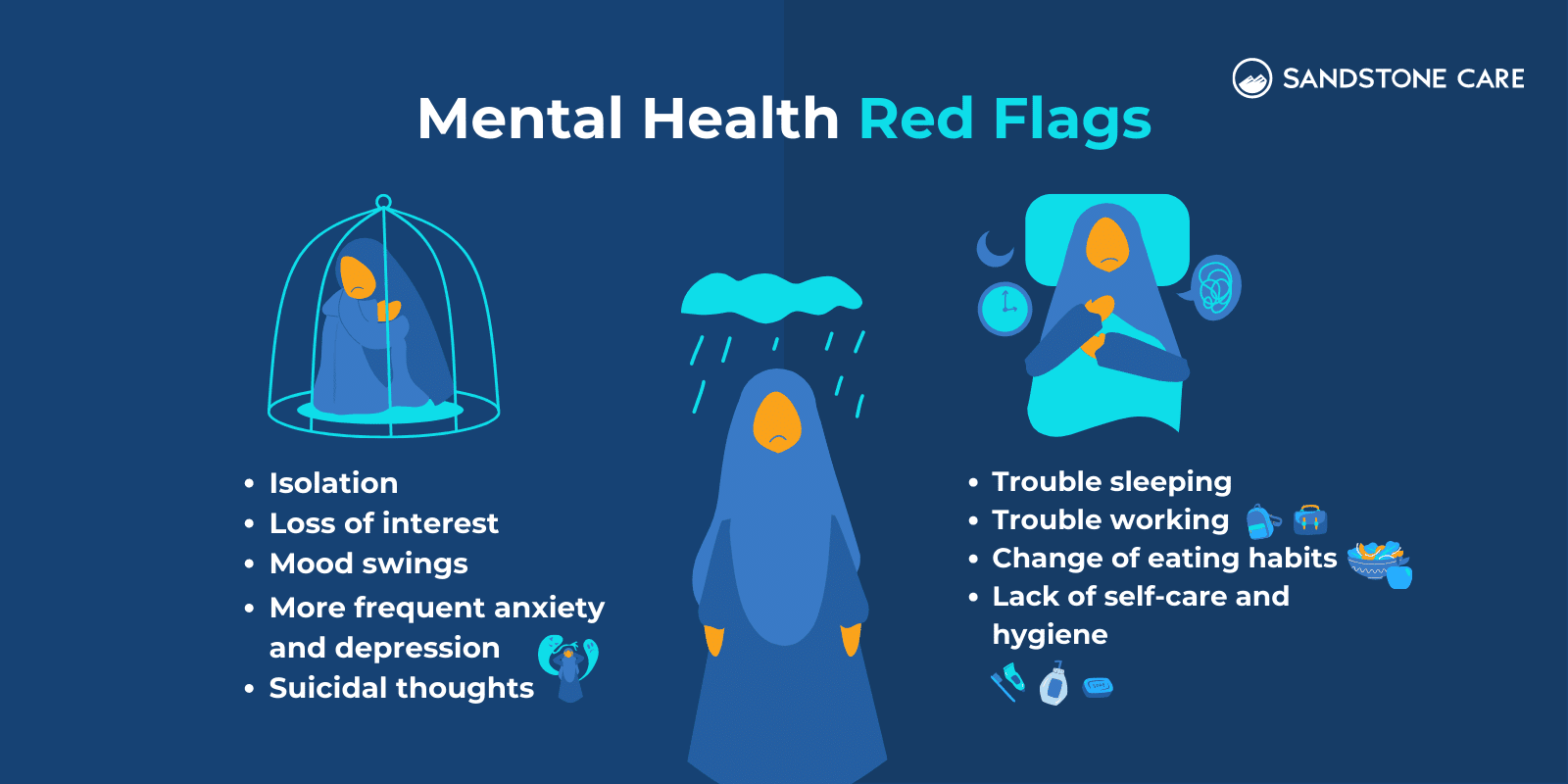
If you are experiencing suicidal thoughts, you are not alone. Seek help and call the National Suicide Prevention Lifeline at 988 or call 911.
Checking in on your mental health is important because it allows you to take a step back, reflect on your health and well-being, and determine if you need to slow down or get help.
Checking in on your loved ones is also important. Depression can look different from person to person, and many people who are depressed may not seem like it on the outside.
Simple questions like “how have you been recently” or “have you been able to get rest” can give someone a chance to open up to you.
Even letting them know that you are there for them or offering support if they need it can show that you care and that you are someone they can go to when they are ready to talk.
How Do I Know Whether I Have Depression?
The best way to find out if you have depression is to see your healthcare provider or a mental health professional who can give you a proper diagnosis.
What Can Depression Be Confused With?
A lot of symptoms that come with depression share similarities with other mental health disorders, such as:
- Anxiety disorder
- Bipolar disorder
- Dysthymic disorder
- Attention Deficit Hyperactivity Disorder (ADHD)
- Post-Traumatic Stress Disorder (PTSD)
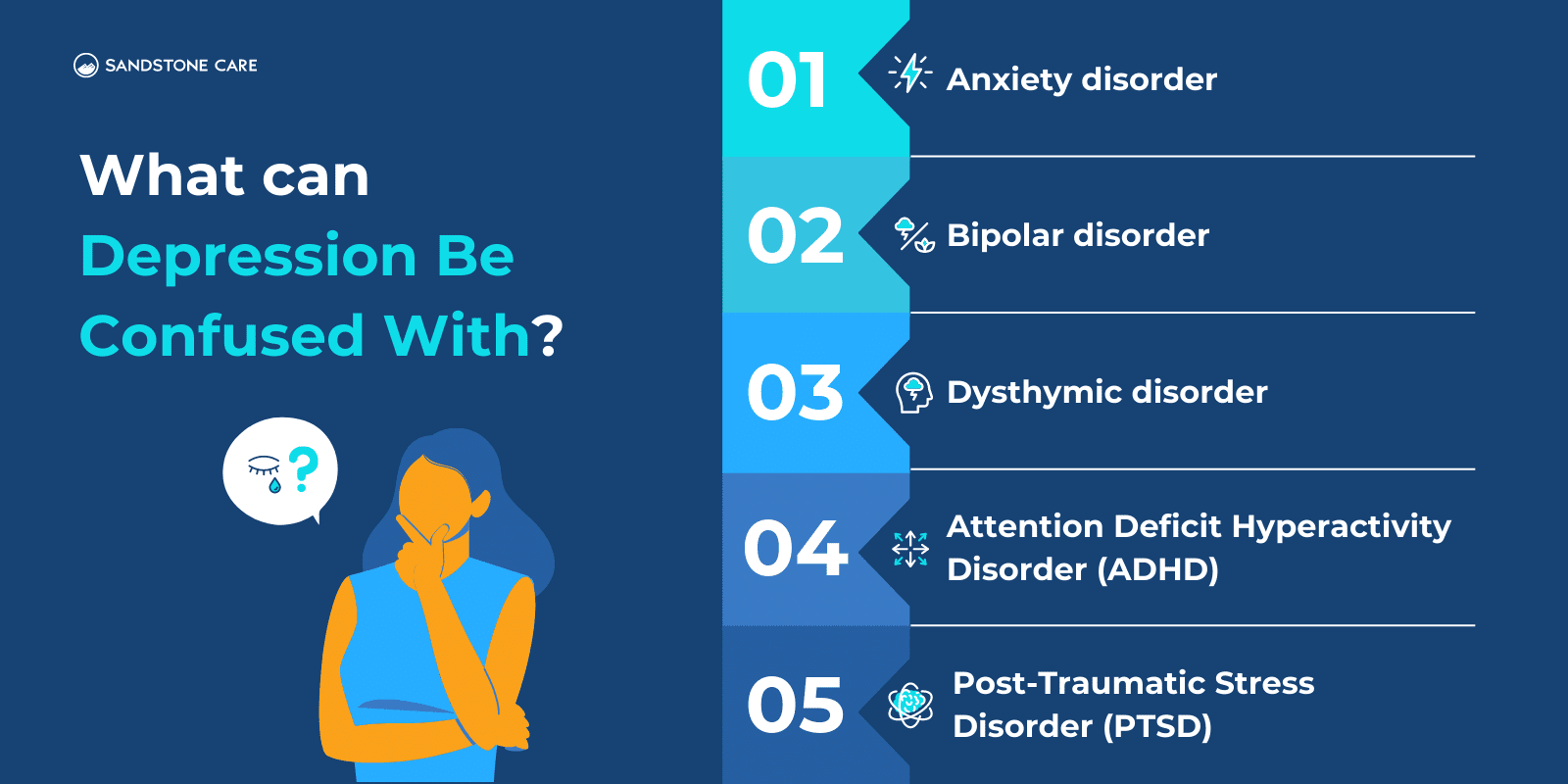
Symptoms of depression can also get confused with symptoms of medical conditions like anemia or low thyroid level.
Additionally, it is possible for a person to experience symptoms of more than one mental health disorder or for a mental disorder to co-occur with a substance use disorder.
When facing challenges with substance abuse and mental health, it can be hard to tell if one is causing the other.
Using substances to cope with difficult feelings can lead to a damaging cycle of unhealthy habits.
What Are The Three D’s Of Depression?
The Three D’s involve dementia, delirium, and depression.
It is important to be able to distinguish the difference between dementia, delirium, and depression to help get proper treatment and improve a person’s health and well-being.
These three conditions share a few similar signs and symptoms but also have major differences that set them apart.
For example, all three can involve feelings of a low and disturbed mood and can cause a person to feel withdrawn.
Being able to recognize these similarities and differences can also help a person get connected to the right resources.
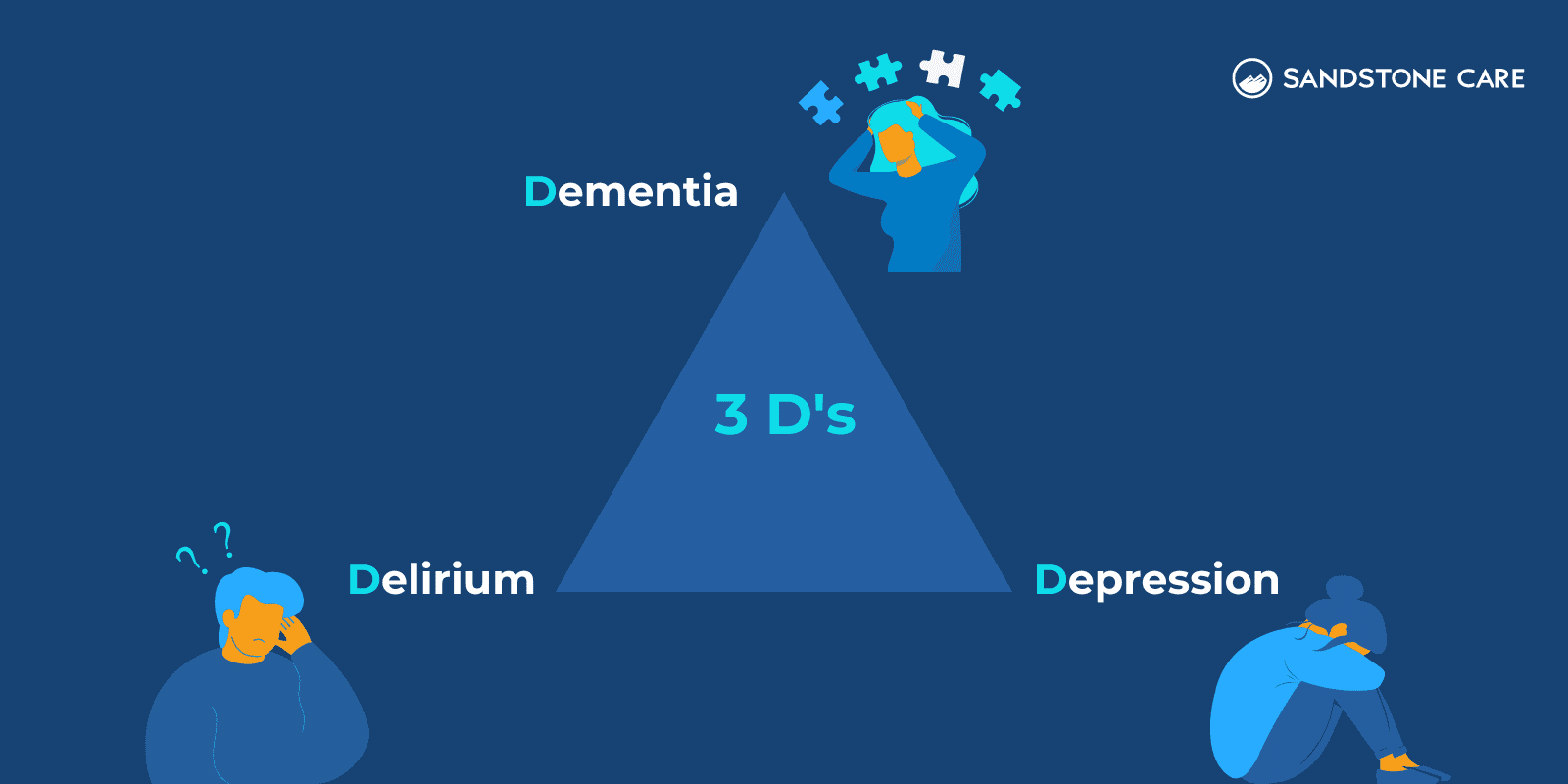
Signs of Depression
What Are The First Signs Of Depression?
Some of the first signs of depression, according to the NIH, can include:
- Persistent feelings of sadness, emptiness, or hopelessness
- Irritability
- Restlessness
- Loss of interest in things you used to once love
- Decreased energy
- Changes in eating and sleeping habits
- Physical health problems that occur without any clear cause and do not respond to treatment
- Difficulty taking care of everyday tasks
It is important to educate yourself on the signs of depression so you can recognize them in yourself and your loved ones and get help.
A person with depression may also seem totally “fine” on the outside and not display any obvious symptoms around other people. This is one of the reasons it is so important to check up on your loved ones and give them support when they need it.
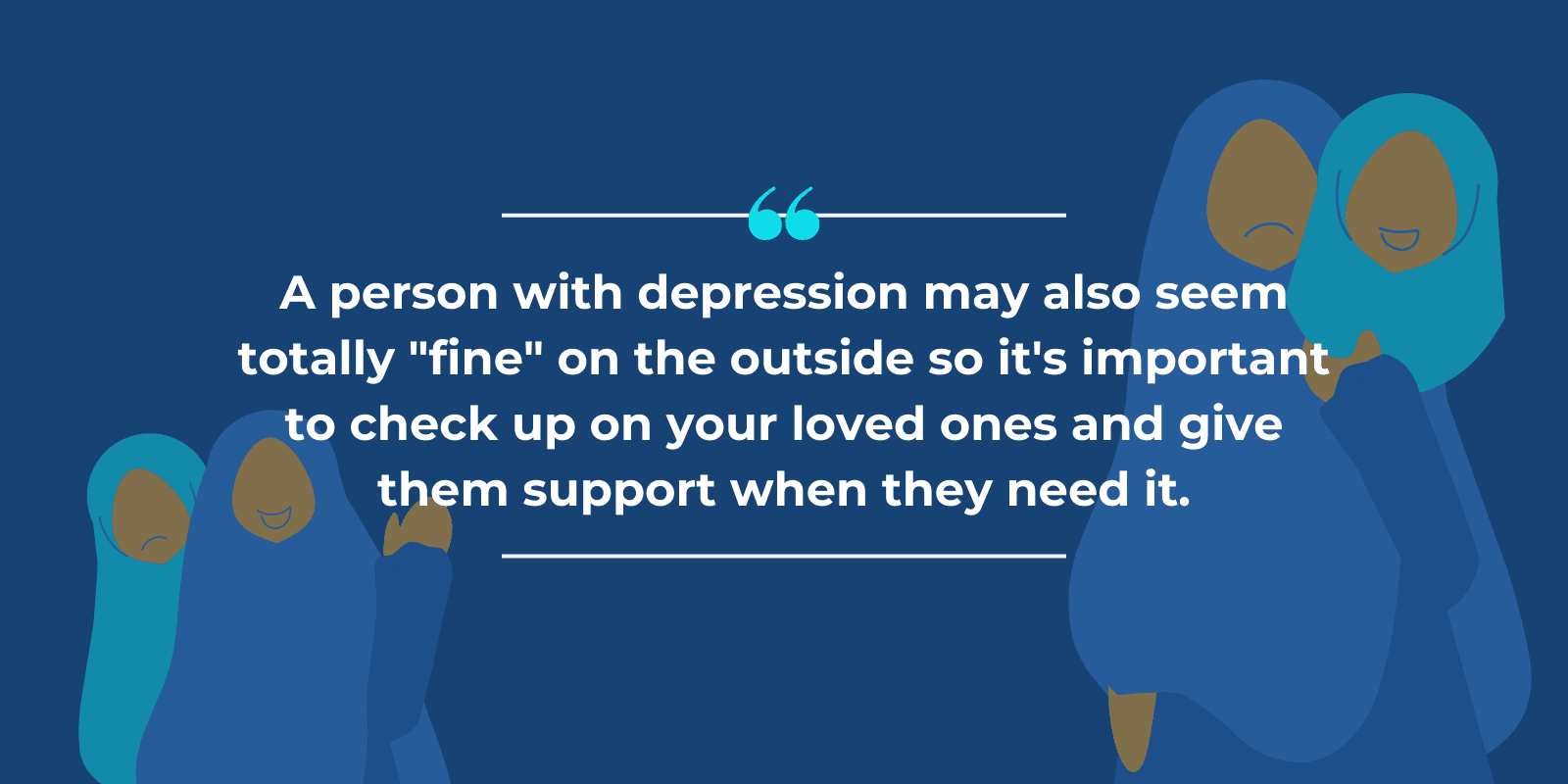
What Are The 9 Characteristics Of Depression?
9 of the most common characteristics of depression include:
- Feelings of sadness, hopelessness, or emptiness
- Loss of interest in things they used to once love
- Changes in eating habits
- Being irritable or angry
- Sleeping problems
- Anxiety
- Difficulty concentrating
- Constantly tired
- Unexplained physical health problems that don’t get better with treatment
What Are The Five Major Signs Of Depression?
Five major signs of depression can include:
- Isolating oneself
- Lack of interest in things they used to once love
- Change in eating and sleeping habits
- Uncontrollable emotions and mood swings
- Persistent low mood
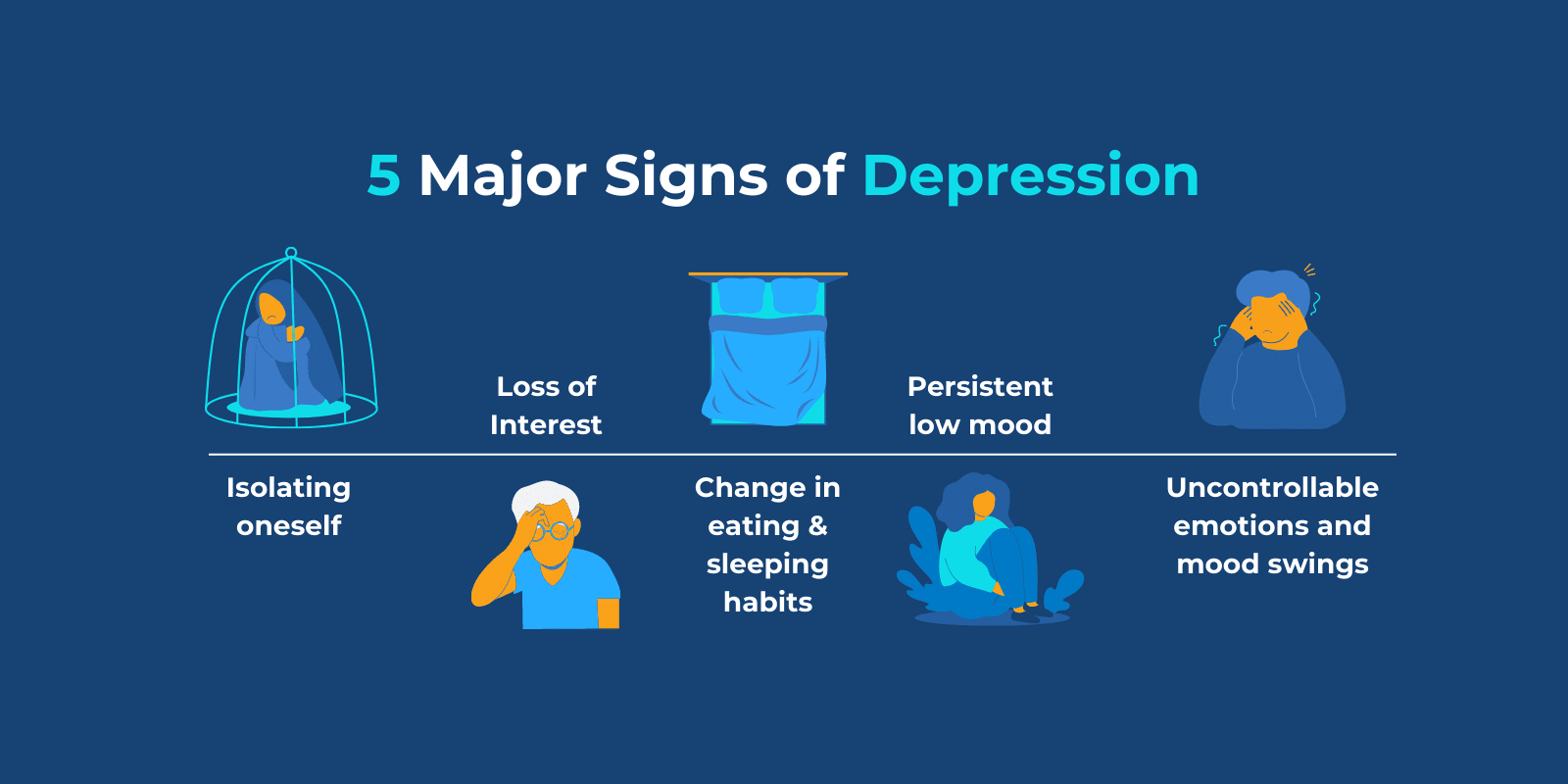
What Is One Classic Symptom Of Depression?
One of the most classic symptoms of depression is feeling sad, worthless, and hopeless.
Many people experience difficult feelings and have times of feeling low, sad, or upset. However, depression goes beyond these normal feelings and stays for an extended period of time.
What Feeling Is Most Likely To Be A Symptom Of Depression?
A person experiencing symptoms of depression often experiences feelings of:
- Sadness
- Hopelessness
- Worthlessness
- Anxiousness
- Emptiness
- Helplessness
- Guilt
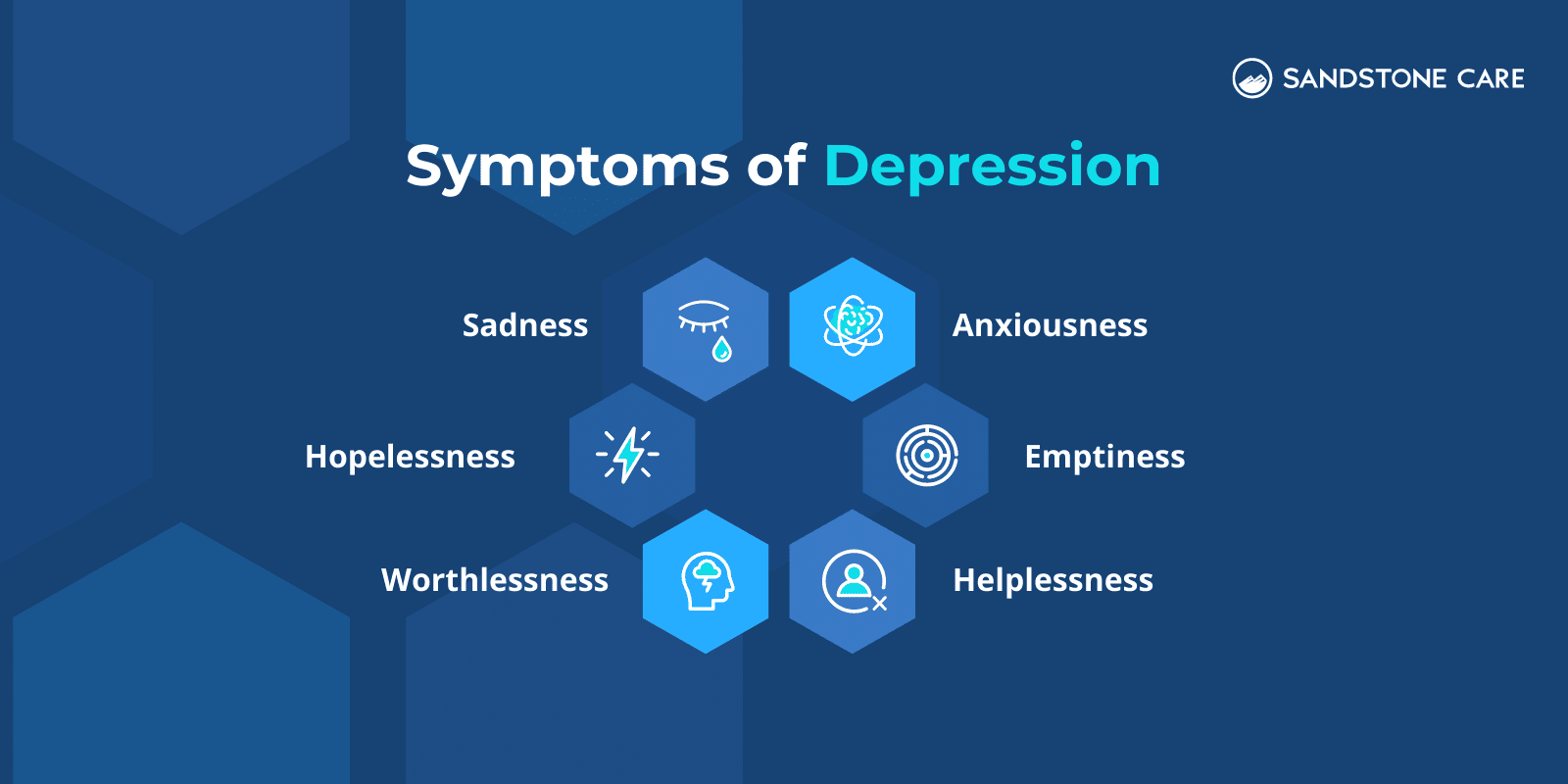
These feelings can affect every aspect of a person’s life and make it difficult to get through daily tasks and responsibilities.
Sometimes, a person with depression will be experiencing these feelings and still seem happy or “normal” on the outside.
If you are experiencing these feelings, know that you are not alone and talk to someone.
When a person is going through these difficult feelings, it can be hard to understand why and it can also be difficult to cope with.
Getting support can help a person learn healthy coping mechanisms and new ways of thinking.
Causes of Depression
What Are The Main Causes Of Depression?
Research suggests that various factors can contribute to the development of depression, including:
- Personal or family history of depression
- Major life changes
- Experiencing trauma
- Physical illnesses
- Medications
- Substance abuse
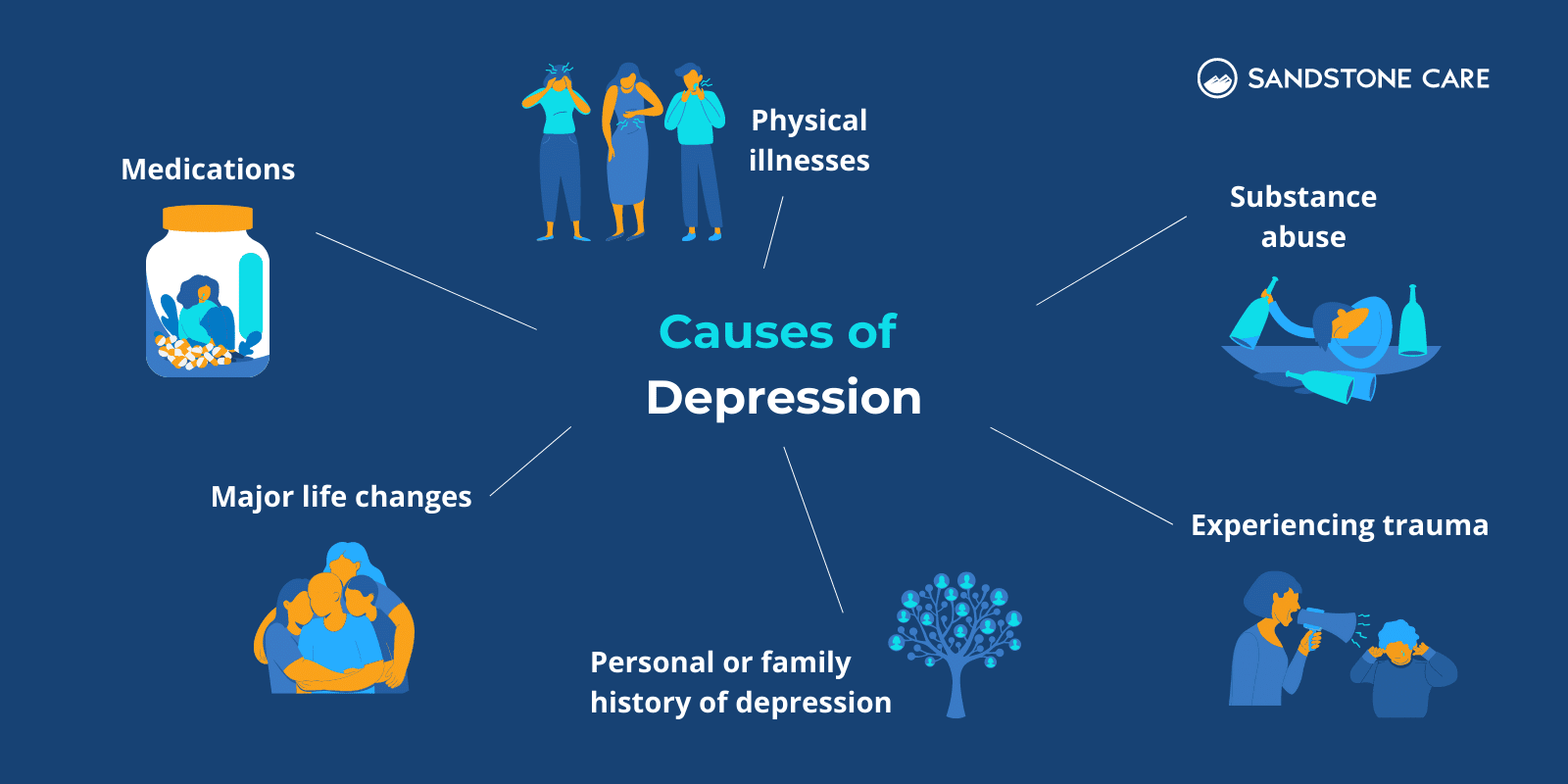
What Are 5 Major Causes Of Depression?
5 major causes of depression can include:
- Childhood experiences
- Stressful life events
- Family history of depression
- Medication or substance abuse
- Physical health problems
What Are The 3 Levels Of Depression?
A person may be diagnosed with mild, moderate, or severe depression.
There are also different types of depression which can include:
- Major depression
- Persistent depressive disorder
- Perinatal depression or postpartum depression
- Seasonal affective disorder
- Depression with symptoms of psychosis
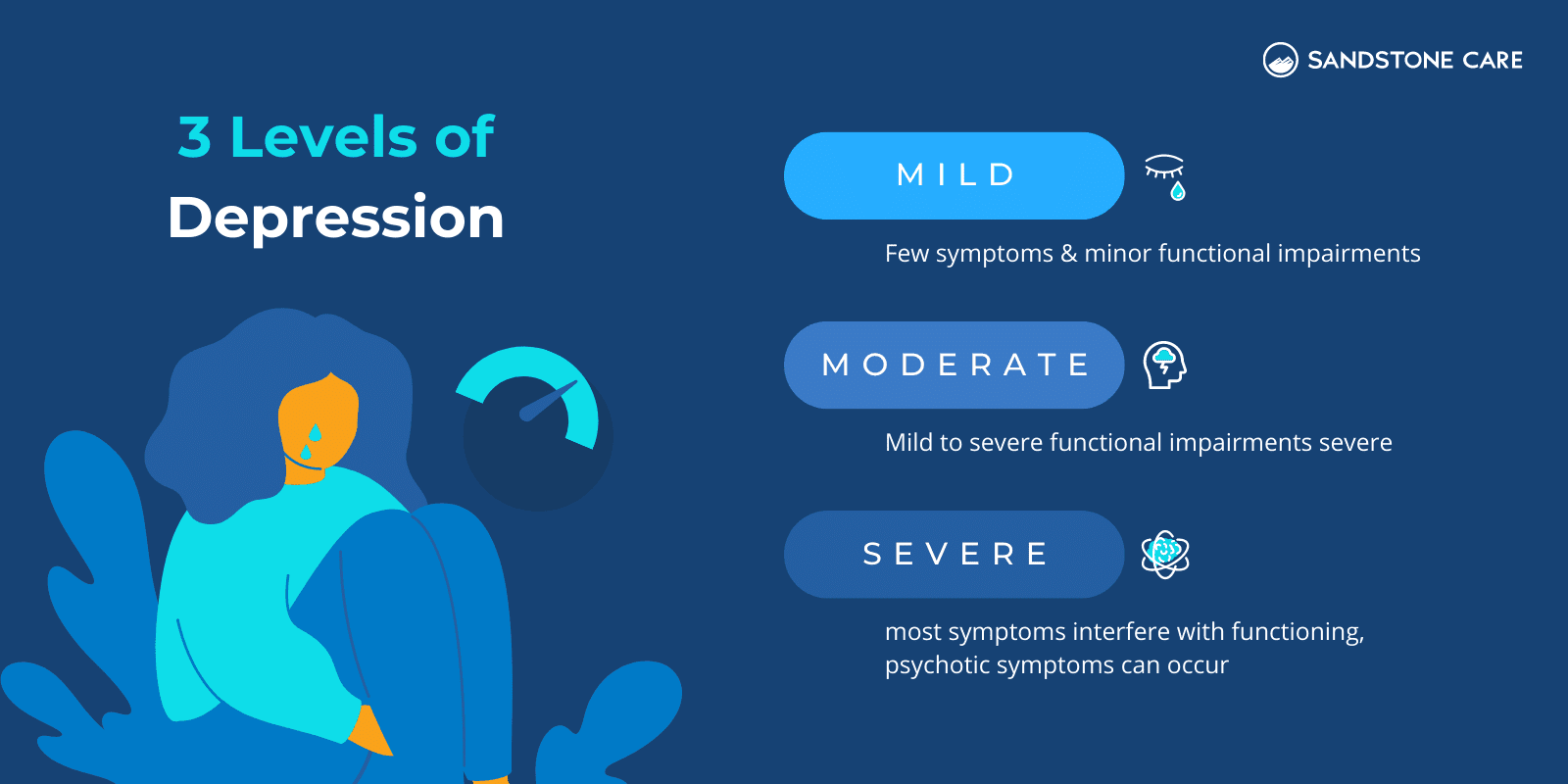
Depression Diagnosis
Is Diagnosing Depression Hard?
In some cases, diagnosing depression can be challenging because it looks very different from person to person.
It is important for healthcare providers and mental health professionals to thoroughly evaluate and assess to rule out any other conditions and make a proper diagnosis.
The Diagnostic and Statistical Manual For Mental Health Disorders (DSM-5) is a guideline for clinicians who diagnose depression.
How Do You Confirm If You Have Depression?
If you suspect you may have depression, you should seek professional help from your healthcare provider or a mental health professional who can give you a proper diagnosis and confirm if you have depression.
What Do You Rule Out Before Diagnosing Depression?
Because depression shares similar symptoms with other physical and mental health problems, a professional may do tests to rule out:
- Thyroid conditions
- Nutritional deficiencies
- Medications
- History of infections
- Celiac’s disease
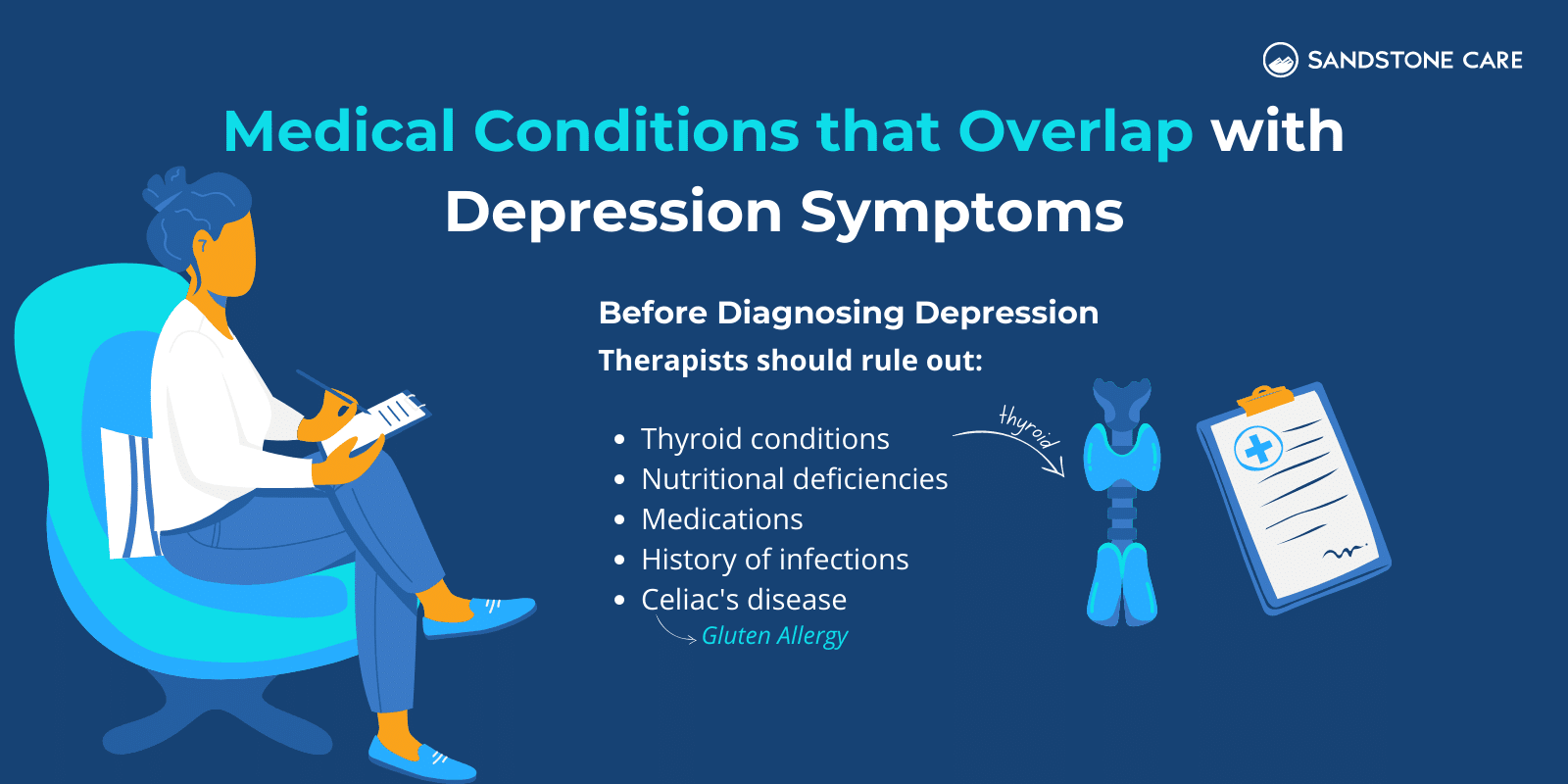
What Tests Do Doctors Run For Depression?
The Beck Depression Inventory (BDI) is a common test used for individuals ages 13 to 80 to screen for depression and help measure how severe a person’s symptoms are.
There are no physical tests that are made to determine if a person has depression. However, a doctor may run blood tests to rule out other conditions.
How Do Doctors Tell You You Have Depression?
When you see a doctor regarding depression, they will go through a thorough evaluation and tests to give you a proper diagnosis.
From their conclusion, they can diagnose you with depression while giving you different options for treatment so that you can start getting help and managing your symptoms.
Getting diagnosed with depression can be challenging to deal with, but it is important to know that you are not alone, and there are many different options to choose from when it comes to healing and getting help.
What Is The Most Commonly Diagnosed Form Of Depression?
Major depressive disorder, or major depression, is the most commonly diagnosed form of depression.
Major depression involves symptoms of depression most of the time for at least 2 weeks. It usually affects a person’s daily life and their ability to work, sleep, eat, and keep up with responsibilities.
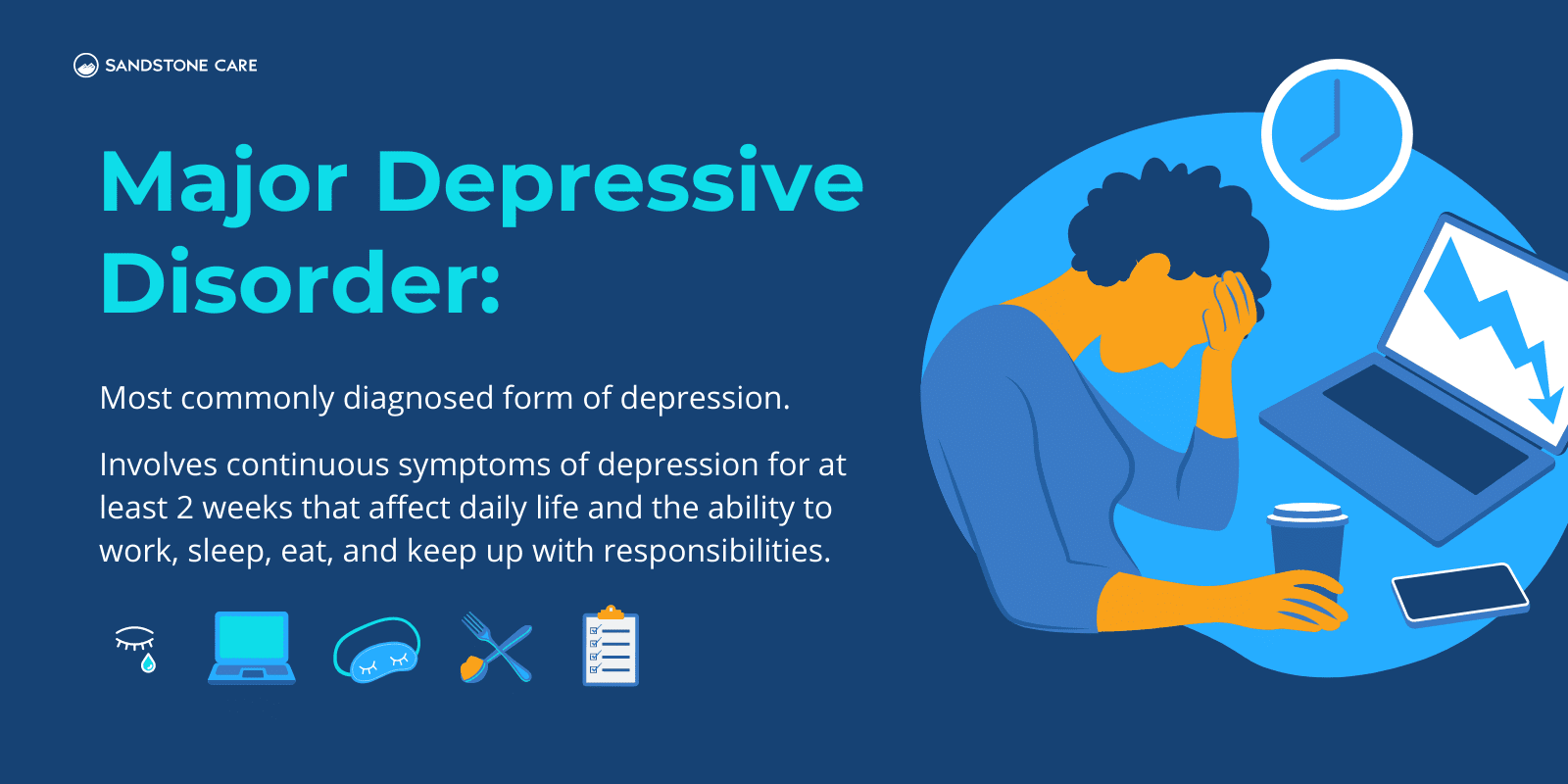
Depression Treatment Centers
How Do People Cope With Depression?
People cope with depression in many different ways.
Sometimes, people may develop unhealthy coping mechanisms for depression, which could involve suppressing their problems, isolating themselves, ignoring their problems, and turning to things like substances to “feel better.”
However, these unhealthy coping mechanisms only end up making the person feel worse and lead to a cycle of difficult feelings and experiences.
People can learn how to cope with depression with a strong support system made up of their treatment team, family, friends, and peers.
Some healthy ways people cope with depression can include:
- Talking to others about it
- Going to therapy
- Exercising and taking care of their health
- Writing
- Meditating or practicing mindfulness
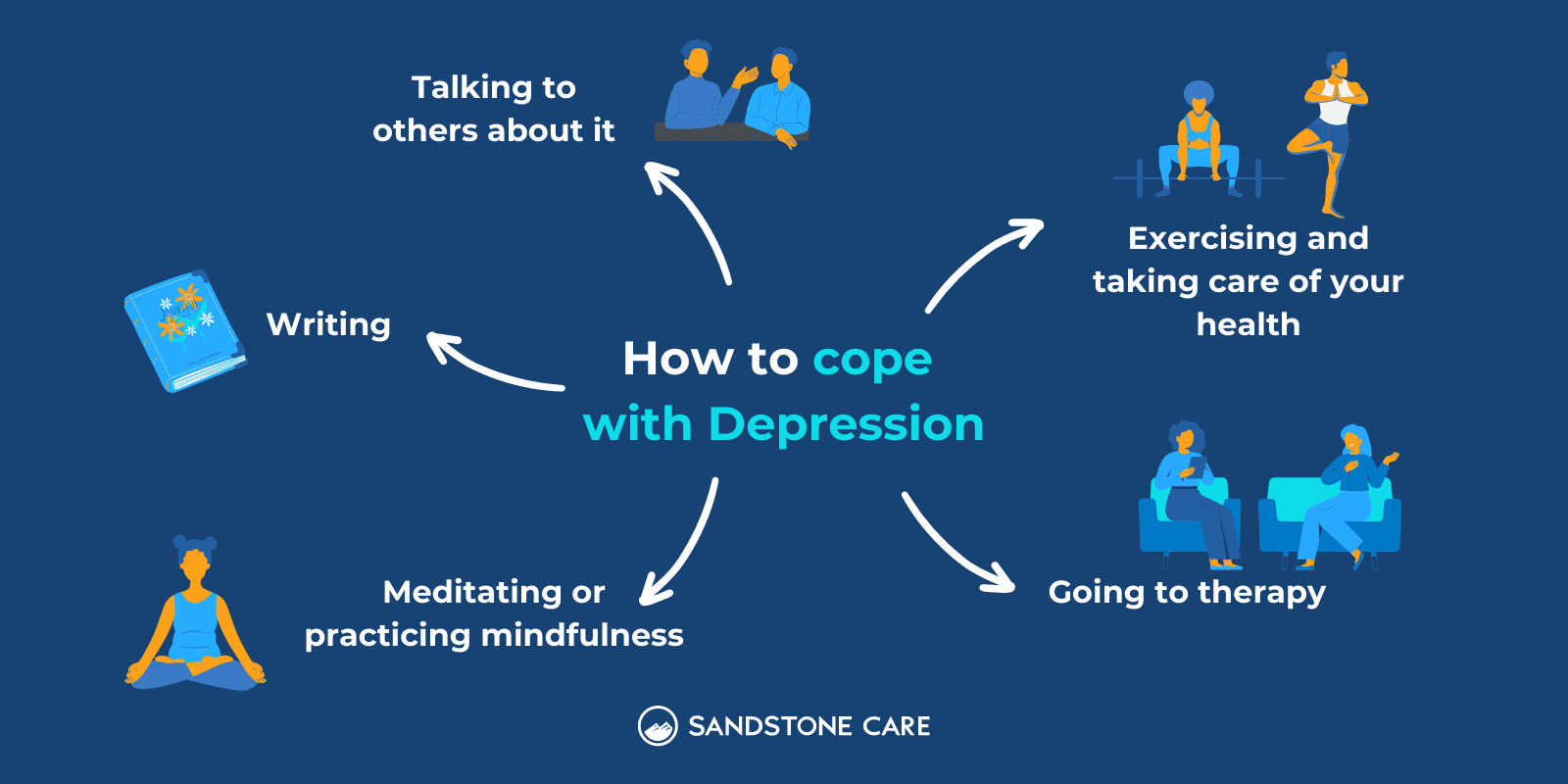
How Do I Stop Being So Depressed?
A person facing challenges with depression cannot just stop being depressed.
Getting help for depression can be hard and take time.
If you are depressed, one of the first steps to take is to seek professional help.
However, there are some ways you can manage the symptoms of depression along with therapy or other treatment approaches.
Some ways to manage depression symptoms can include:
- Engaging in physical activity, like walking for 30 minutes a day
- Practicing healthy sleep habits
- Maintaining a balanced diet
- Talking to others
- Avoid drinking alcohol or using other substances
What Is The Fastest Way To Treat Depression?
Psychotherapy and sometimes medication is the most common and effective ways to treat depression.
However, depression doesn’t get treated overnight. It can take time for a person to see results, whether through therapy or medication, but taking it one day at a time is important.
Cognitive behavioral therapy (CBT) is the most commonly used treatment for depression.
CBT is centered around identifying and changing negative thoughts, feelings, and behaviors. CBT is a term that is used to refer to a wide range of treatment approaches that are used for both mental health and substance use disorders.
Common medications used for treating depression can include:
- Selective Serotonin Reuptake Inhibitors (SSRIs)
- Serotonin and Norepinephrine Reuptake Inhibitors (SNRIs)
- Tricyclic and tetracyclic antidepressants
- Monoamine Oxidase Inhibitors (MAOIs)
It is important to consult with your healthcare provider before starting any depression medication, especially if it is for teens or young adults.
Certain medications may cause an increased risk of adverse side effects in young people, so it is important to be aware of these effects and assess the safety of using these medications with their doctor.
Antidepressants can take time to produce results, usually around 4 to 8 weeks.
If you plan to stop taking antidepressant medication, talk to your healthcare provider first.
How Do I Know If I Need Antidepressants?
A medical professional can help you figure out if antidepressants are needed.
Often, psychotherapy is the first approach for treating depression, and then a therapist or health care professional can help you decide if antidepressants may be needed.
Treatment for depression looks different for everyone, and what works for one person may not work for another.
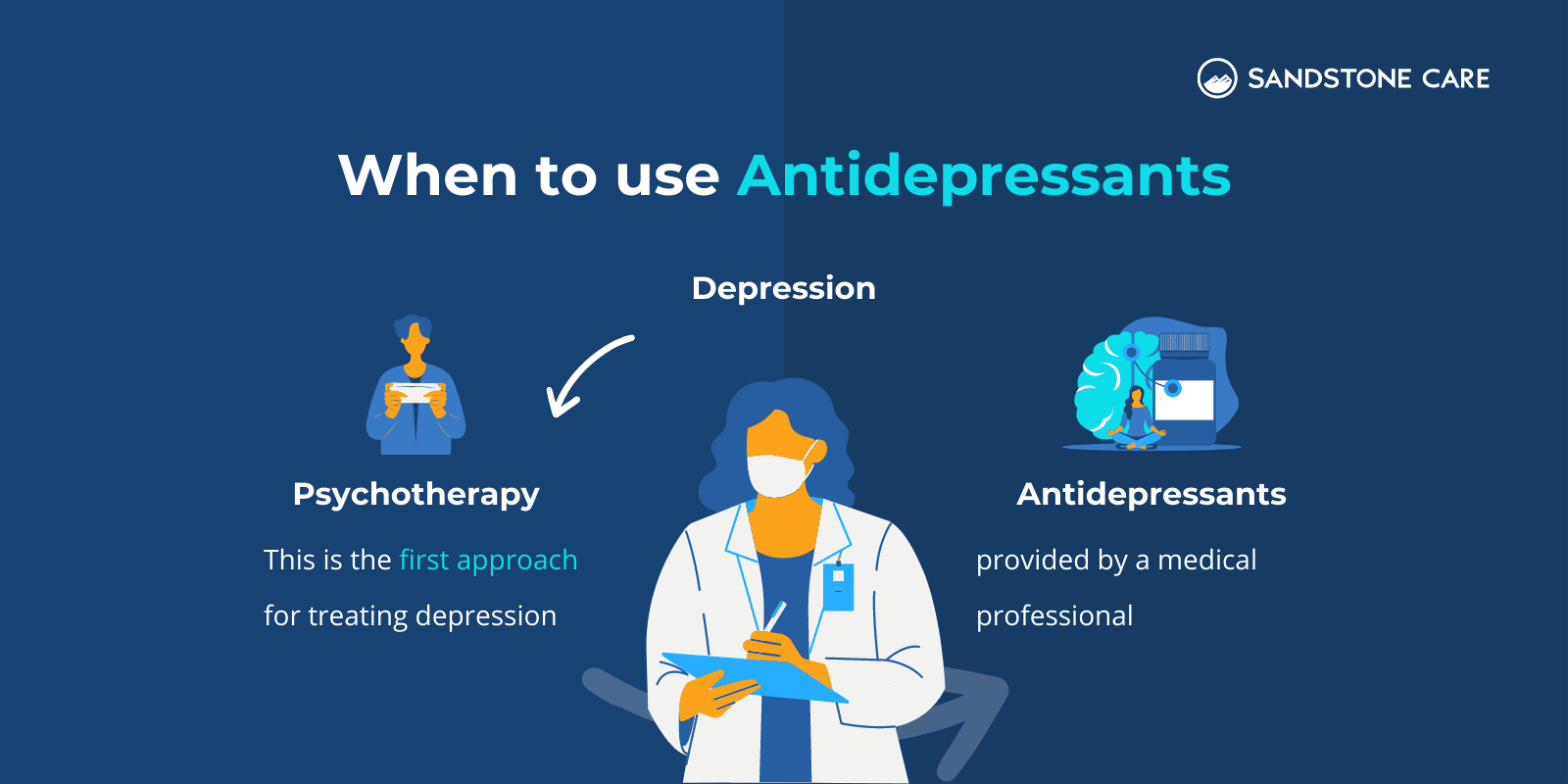
Finding Help For Depression
Reaching out for help when you may be facing challenges with depression or any other mental health disorder can feel hard at first, but it is important to know that you are not alone and that there is help and support for you.
If you or a loved one think you may have depression, it is important to seek help from a trusted adult, whether a parent, aunt, uncle, counselor, teacher or someone you feel comfortable with.
A trusted adult can help you connect with a healthcare provider or mental health professional to get a proper diagnosis and treatment.
Sandstone Care Mental Health Centers
Sandstone Care provides age-specific, individualized treatment for teens, young adults, and adults with mental health and substance use disorders.
It is important to find a treatment center that best fits your needs and has treatment options that are evidence-based and customized for you or your loved ones.
Sandstone Care’s mental health centers address depression, anxiety, trauma, PTSD, bipolar disorder, and many other mental health conditions.
Different levels of care are also offered at Sandstone Care to ensure that teens and young adults can find a treatment program that works for them.


View Our Treatment Locations
Sandstone Care offers age-specific, individualized, and evidence-based treatment programs that help you regain control of your life and achieve lasting recovery.
What Are The Different Levels Of Care For Depression Treatment?
The levels of care that Sandstone Care has to offer for teens, young adults, and adults with mental health disorders include:
- Residential treatment
- Day treatment
- Intensive Outpatient Treatment
- Virtual Intensive Outpatient Treatment
For individuals who may also be facing challenges with substance abuse or a substance use disorder, Sandstone Care also offers medical detox, inpatient treatment, sober living, and medication-assisted treatment.
A person who may be in need of more structure and support may benefit from residential or day treatment, while someone who needs a little more flexibility while also receiving care may find intensive outpatient treatment to be more fitting.
To figure out what treatment program fits your needs the best, learn about all the different treatment options and reach out for help to come up with a treatment plan with a mental health professional.


Let’s take the next steps together
It can be hard to tell when a person is depressed. Recognizing the signs of depression is so important in getting help and improving a person’s health and well-being. Sandstone Care is here to support teens and young adults with mental health and substance use disorders.

